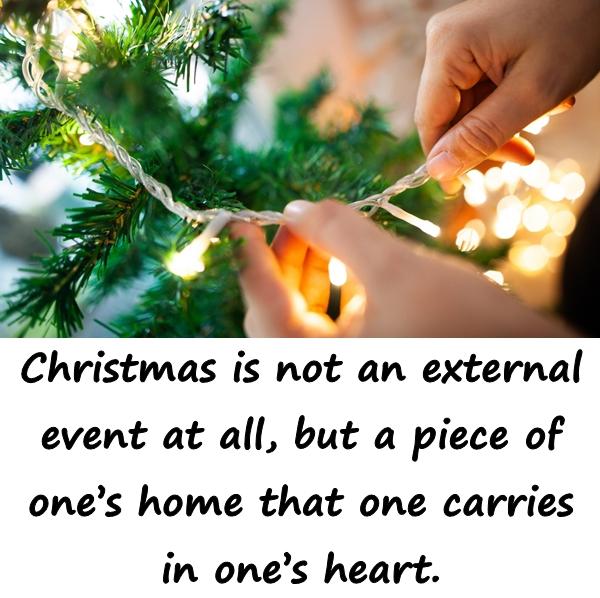

Wishing our loved ones, and even strangers a joyful festive season.Recent Examples on the Web The show never aims its considerable wit and girl power vibe to get a firm grip on the troubling tributaries that flow just underneath the why-ness of the show: These women, nobility be damned, are one and all inextricably tied to a fundamentally-flawed man. And really, it is the intent of the term that matters. No matter which term you prefer to use, they all mean the same thing in today’s world. Everyone has their favourite seasonal phrase to use, and there is no right or wrong way to wish someone a wonderful Christmas. The meanings behind the iconic seasonal greeting phrases. Our Final Thoughts on the Meaning of Merry ChristmasĪnd there we have it. Take a look at some of the other more common phrases used: Of course, there are many other ways to wish someone a wonderful Christmas or festive season all around the world. So, the general meaning of the term “Merry Christmas” is for people to be joyful and good cheer to celebrate the birth of Jesus Christ. Read more about why Christmas is important, and celebrated on the 25th of December here. Even though we know that Christ was not born on the 25th of December, this was the day that was assigned by Pope Julius I in the late 330s AD to celebrate the birth of Jesus. You will find the phrase on everything Christmas related from ornaments, to cards, to wrapping paper.Ĭhristmas comes from the phrase Christ Mass, the mass of Christ, the birth of Jesus Christ. And even today, centuries later, Merry Christmas is still the most widely used phrase to wish someone season’s greetings. “Merry Christmas” is a term used to spread joy, goodwill and good cheer to those during the festive season. “Merry” was not always a word related to Christmas and took a good few years for it to become associated. Saying that, it is likely that the carol originated in the 16th century, around the same time of when the term was first recorded. However, the date and author of this Christmas carols remain a mystery, even to this day. Within the book, “Merry Christmas” has been repeated a total of 21 times.įollowing this, the famous Christmas Carol “We Wish You a Merry Christmas” was popularised in 1935 by Arthur Warrell when he performed the carol with his group on the 6th of December. This term later became popular from two sources – the commercial Christmas card, and it was also 1843 when Charles Dickens published his book called A Christmas Carol. This was recorded by a letter written by John Fisher, a bishop, to Thomas Cromwell, the chief minister of Henry VIII, wishing him a “Merry Christmas”. However, the phrase actually dates back even further and we know originated in the 1500s. This famous Christmas card has now gone on display in London at the Charles Dickens Museum. “Merry Christmas” was first used commercially in 1843 when the term was used on the world’s first printed Christmas card written as “A Merry Christmas and a Happy New Year to You”. And, today is a term widely used in both British English and American English. “Merry Christmas” is actually a term that originates from hundreds of years ago. Where Did Merry Christmas Originate From? Nowadays, this is still more so a British English term. Of course, society followed suit, and this has become a very popular festive phrase. The Royal Family also took the term into their preferred vocabulary, and even to this day the Queen will wish the nation “Happy Christmas” on Christmas day during the national broadcast. Some time ago, “Merry Christmas” took on a negative connotation and became linked to the lower class population. “Happy Christmas” is still a widely used term, especially within the UK and Ireland. So, what about “Merry Christmas” and “Happy Christmas”? Do People Still Say Happy Christmas? Happy Holidays does not exclude the meaning of Christmas, but rather includes everyone who does not celebrate the day. The term recognises that not everyone celebrates Christmas, and they may be celebrating a different festival over the holiday. “Happy Holidays” is very much a term from the USA and Canada, and a greeting used in November and December over the festive season to celebrate many holidays including Thanksgiving, Kwanzaa, Christmas, Hanukkah, New Years Day.Įssentially, this is the most comprehensive and inclusive seasonal greeting. We can quickly differentiate “Happy Holidays” from the three terms.


 0 kommentar(er)
0 kommentar(er)
